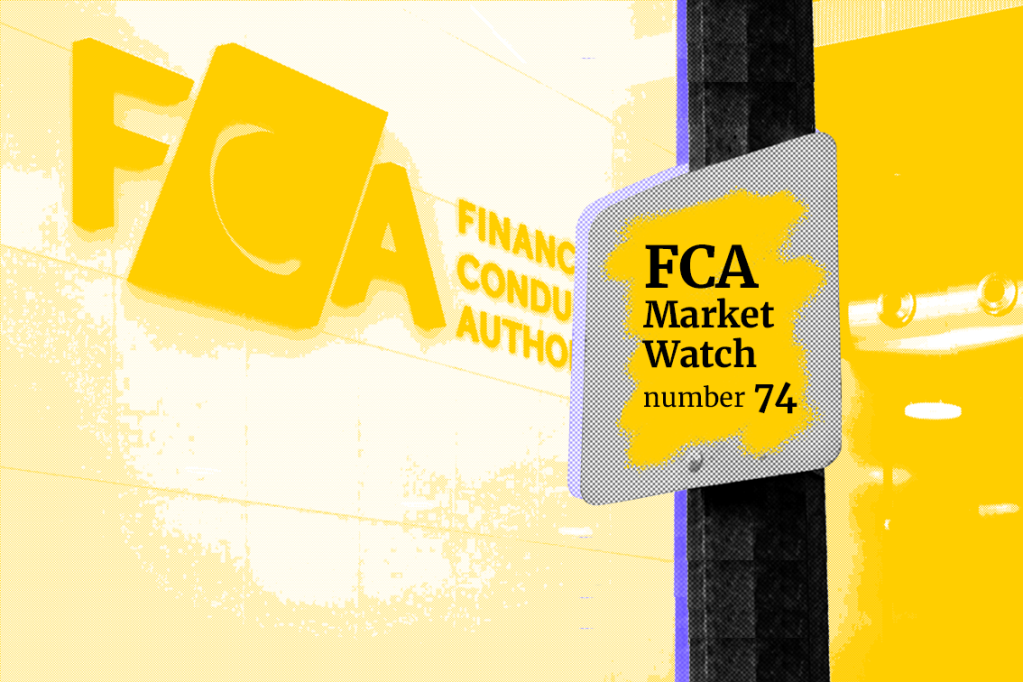It says compliant reporting in response to the Transaction Reporting regime has improved over time, but provides a reminder of requirements and responsibilities that firms have to report and correct where errors are identified. Specific areas of concern are outlined including:
- Where more than one person or algorithm is involved
Register for free to keep reading
To continue reading this article and unlock full access to GRIP, register now. You’ll enjoy free access to all content until our subscription service launches in early 2026.
- Unlimited access to industry insights
- Stay on top of key rules and regulatory changes with our Rules Navigator
- Ad-free experience with no distractions
- Regular podcasts from trusted external experts
- Fresh compliance and regulatory content every day













